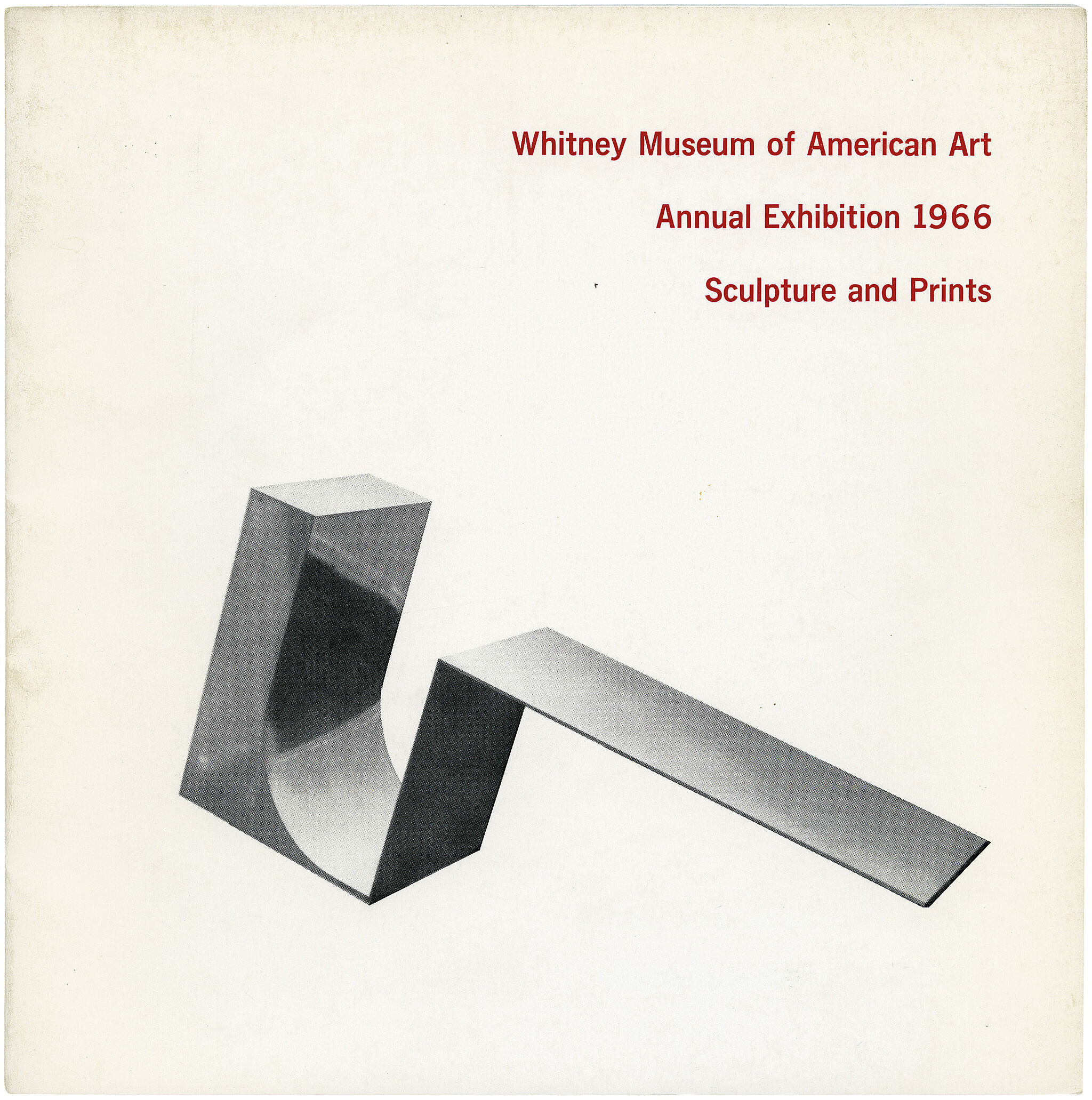Philip Pavia
1912–2005
Introduction
Philip Pavia (1911-2005) was a culturally influential American artist of Italian descent, known for his scatter sculpture and figurative abstractions, and the debate he fostered among many of the 20th century's most important art thinkers. A founder of the New York School of Abstract Expressionism, he "did much to shift the epicenter of Modernism from Paris to New York," both as founding organizer of The Club and as founder, editor and publisher of the short-lived but influential art journal It Is: A Magazine for Abstract Art. Reference to the magazine appears in the archives of more than two dozen celebrated art figures, including Picasso, Peggy Guggenheim, and art critic Clement Greenberg. The Club is credited with inspiring art critic Harold Rosenberg’s influential essay “The American Action Painters" and the historic 9th Street Show.
Wikidata identifier
Q17184026
Information from Wikipedia, made available under the Creative Commons Attribution-ShareAlike License . Accessed February 13, 2026.
Introduction
Pavia, a sculptor who worked in both figurative and abstract styles, was the son of a stonecutter in Bridgeport, CT. He attended Yale and the Art Students League in New York, where he became friends with Jackson Pollock. In the late 1940's he was a founding member of the Club, an organization of art-orientated intellectuals in New York (including Willem de Kooning, Barnett Newman, Robert Motherwell, and Leo Castelli). He also founded a magazine called 'It Is.' He lived briefly in Paris where he met Henry Miller, who instilled in him a strident and life-long passion for the avant-garde.
Country of birth
United States
Roles
Artist, sculptor
ULAN identifier
500013981
Names
Philip Pavia, Phillip Pavia
Information from the Getty Research Institute's Union List of Artist Names ® (ULAN), made available under the ODC Attribution License. Accessed February 13, 2026.

